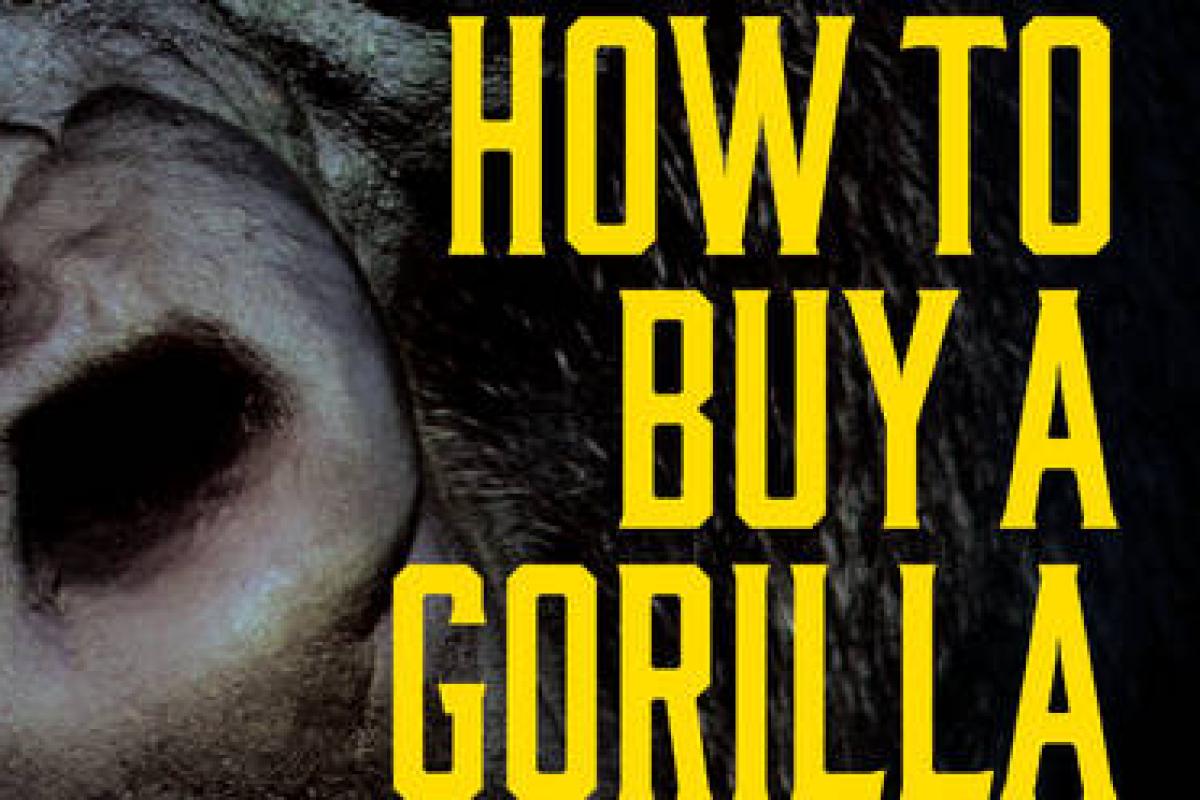Among many other good things in his book, Meikle has used a selection of really well chosen quotes to help him make certain points and I want to start with the admission that I had never read the following one:
“For every complex problem there is an answer that is clear, simple and wrong”
It comes from H.J. Mencken, 1880-1956, an American journalist and satirist, and it beautifully sums up one of Meikle’s central tenets, namely that in developing the right way to manage that wonderfully unholy trinity of marketing, procurement and agency there is no single right way to do it. The other admission I need to make at this point is, as someone who rails against the current trend for oversimplification in marketing, I will now use it shamelessly.
Back to the book, which takes its title from the famous Cadbury ‘gorilla’ ad which featured the gold-toothed great ape pounding out a version of the drum solo from Phil Collins’ ‘In the air tonight’. It won the brand fame, sales and awards.
The gorilla is however only one of the apes in the Monkey House, the framework Meikle has developed and uses for his analysis and recommendations.
The overall Monkey House is, as Meikle says, a “framework to help marketers, procurement and agencies design their relationships so they can best produce the advertising they need according to the client’s business problem” which highlights another of Meikle’s key points - advertising should ultimately be developed against a client’s situation, size and business needs. This means different brands need different approaches and different types of relationships.
The full Monkey comprises the Gorilla, the Spider Monkey and the Orangutan.
Meikle sets out the Spider Monkey situation and then the resultant role of risk and client requirements. Spider Monkey brands inhabit competitive spaces with new market entrants and ongoing innovation. It has a low share of voice (and may be a new entrant itself). Here Meikle argues it is vital for marketers to accept risk and invest in their relationship with the agency.
In contrast, the Orangutan lives in a less competitive space; it may be in a static or declining market where there are limited innovations. Here there is less need for the client to accept risk and emphasis can rightly be put on predictability of return in investment.
Finally, the main focus of the book, is the Gorilla, where a brand is the leading or amongst the leaders in the market, fighting off challengers and other major players, where innovation is likely both in the form of product and brand innovation. Again, Meikle argues that the marketers need to accept risk and invest in the relationship with the agency, giving it the freedom to come up with the necessary truly creative work required.
The book then goes through how the framework can be used to help define the business problem and then the marketing problem and against these analyse the existing client/agency relationships to see if they are fit for purpose. Then, and Meikle suggests that this will be in most cases, how agencies and marketers should design new or different working relationships and create better environments for creating the sort of advertising the problem requires. Finally, Meilke make a series of recommendations on how to set and manage the agency’s remuneration package.
The book is full of practical tips and some good case studies. It cleverly uses a summary of the current paradigm before suggesting how this might be reframed in The Monkey House.
If there is a weakness, despite Meikle’s assertion to the contrary, Meilke’s past as an adman does come through. He champions what is best in good agencies and, while being honest enough to highlight some of their negatives, I can say from experience (as an ex-adman myself) that even when given freedom and a client willing to accept risk, not all the creative work delivered is as good as Gorilla. I also feel it would be interesting to get a Procurement Director’s perspective as Meikle is pretty harsh on the discipline.
Having said that, the book is a valuable contribution in helping to positively reframe the relationships amongst the unholy trinity. If used it could help clients get the advertising they need to address the particular business problems they have. It is a tough task to get people to reassess existing paradigms and Meikle makes a good start at doing just that.
By Giles Lury
David's book is available to buy now from Amazon here.



